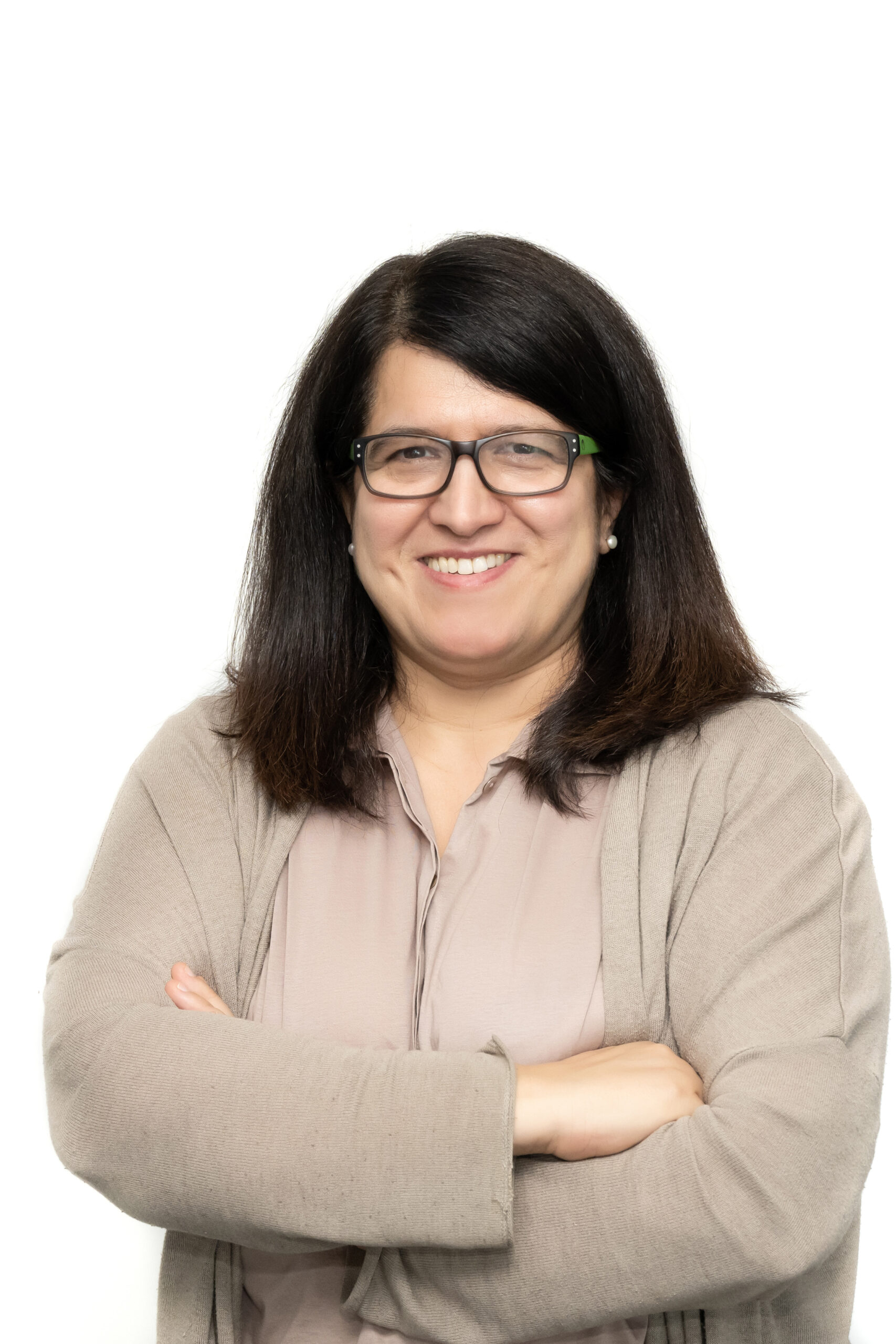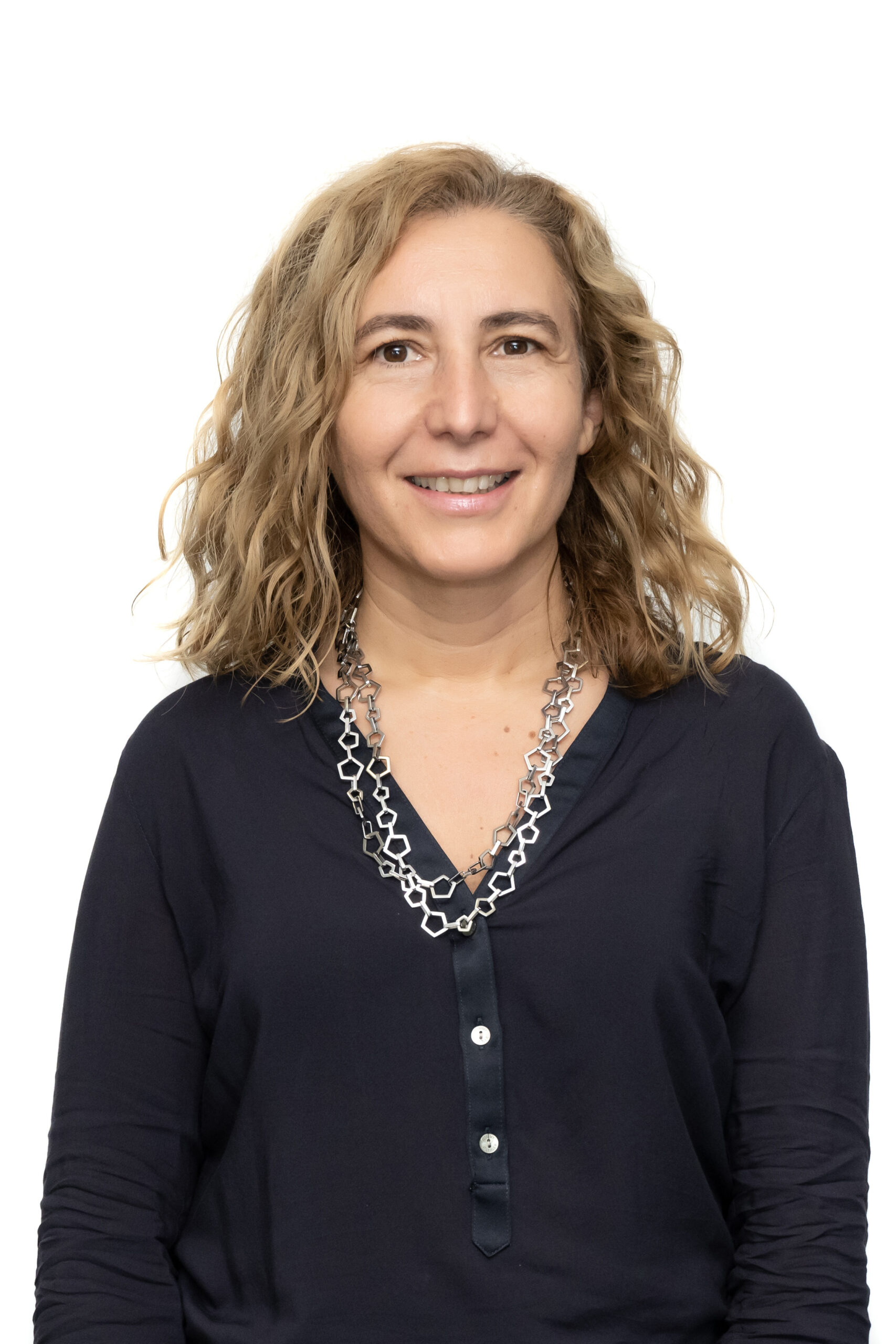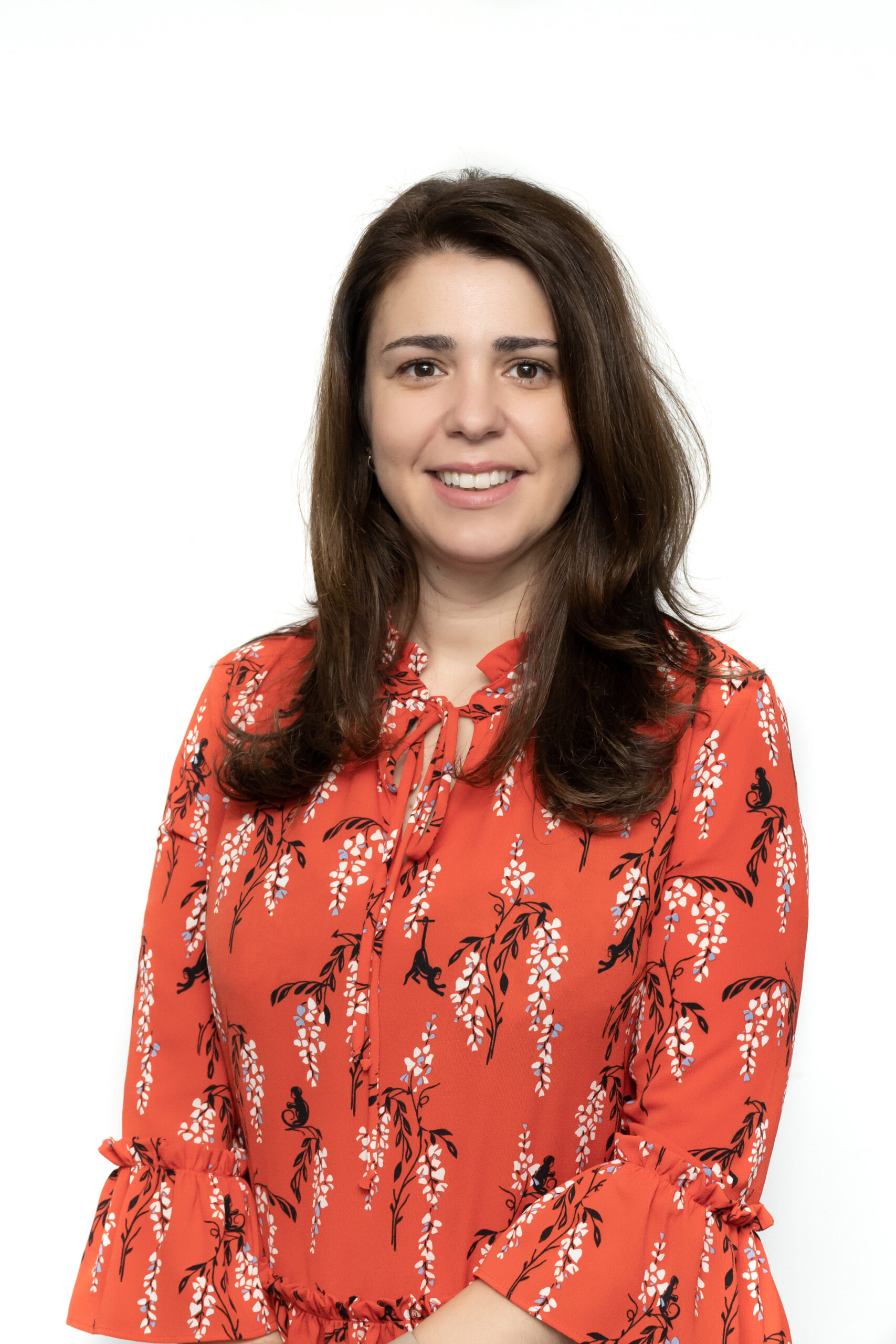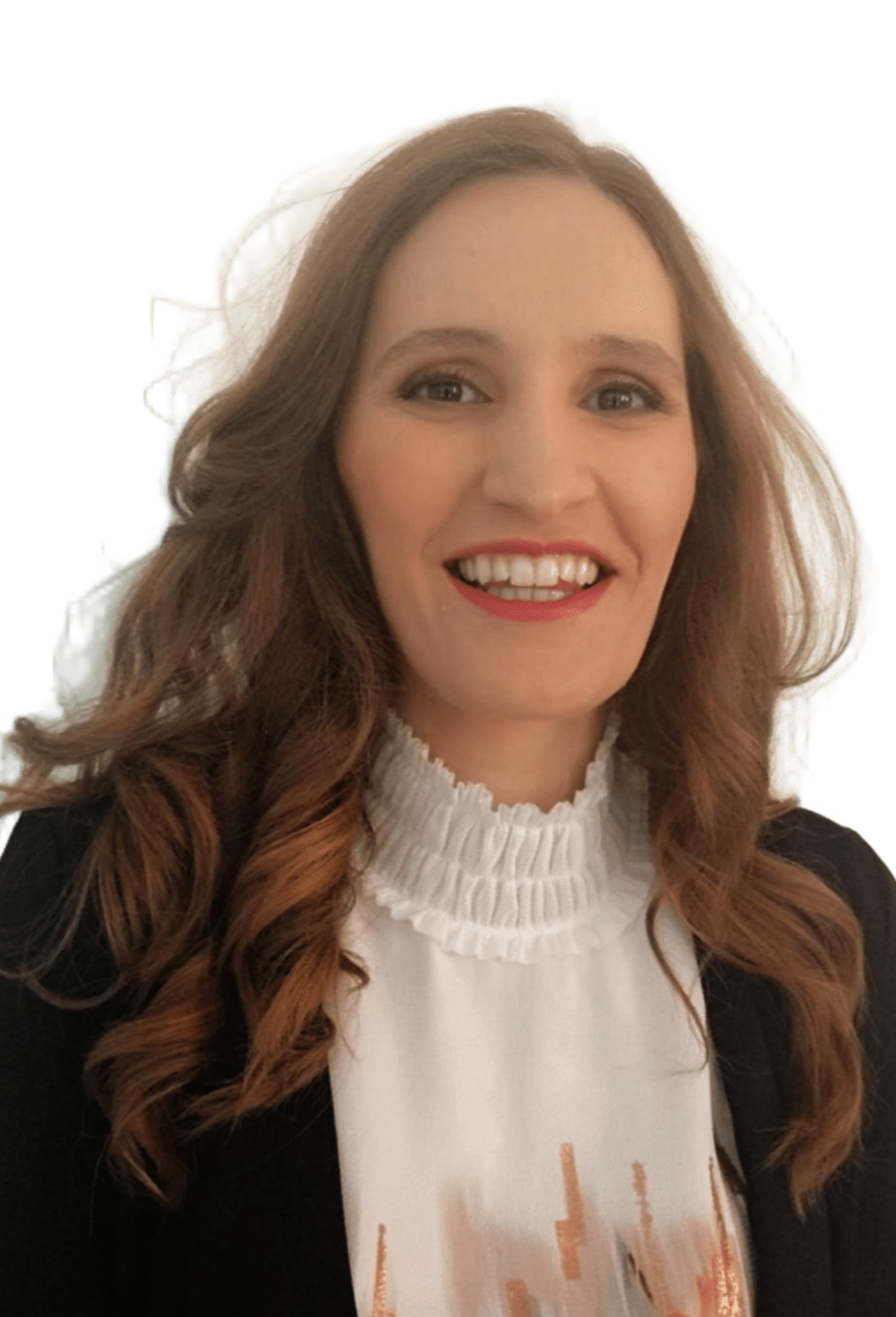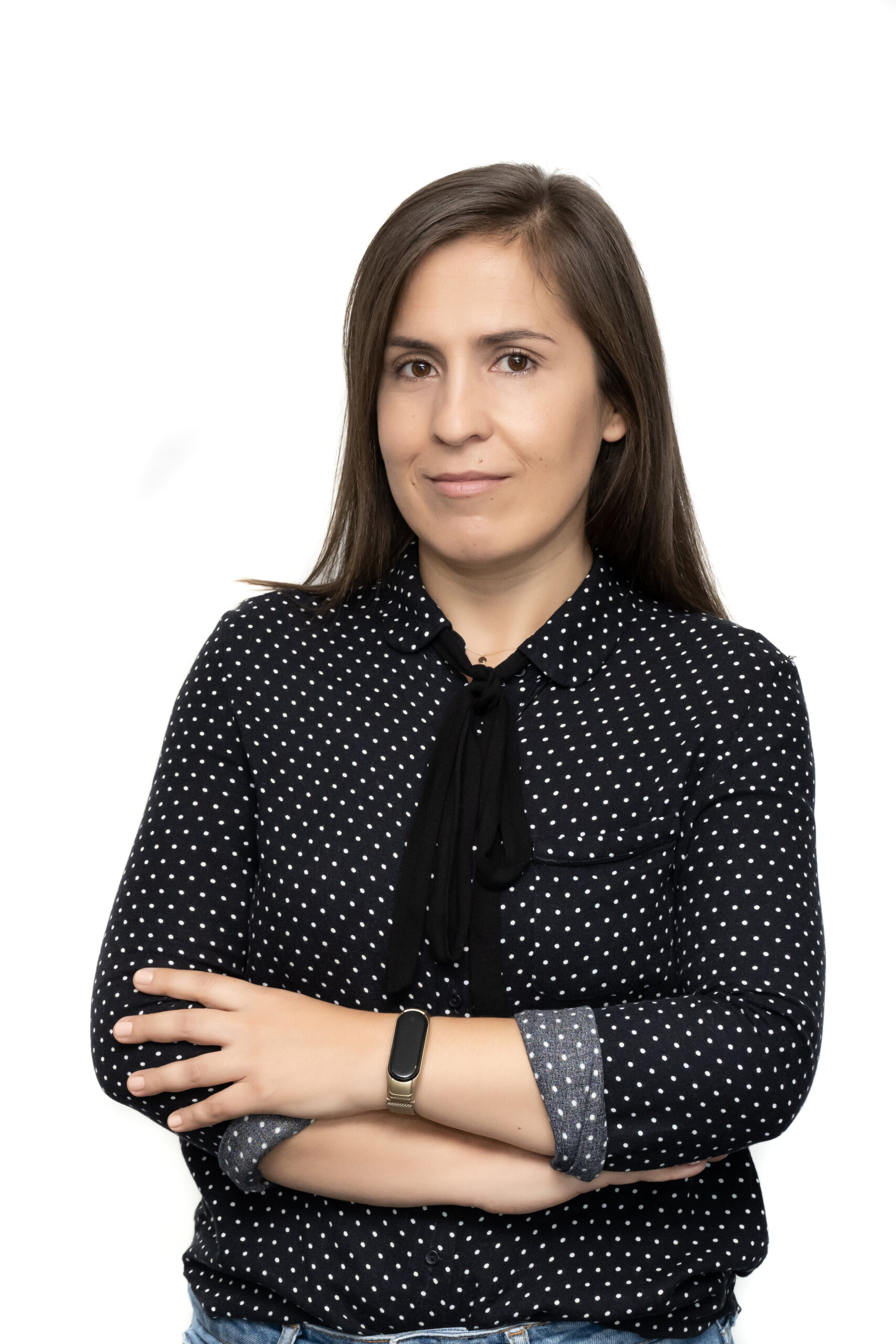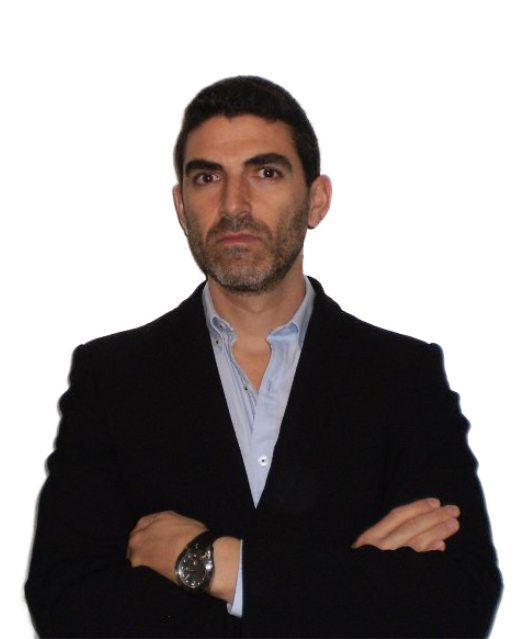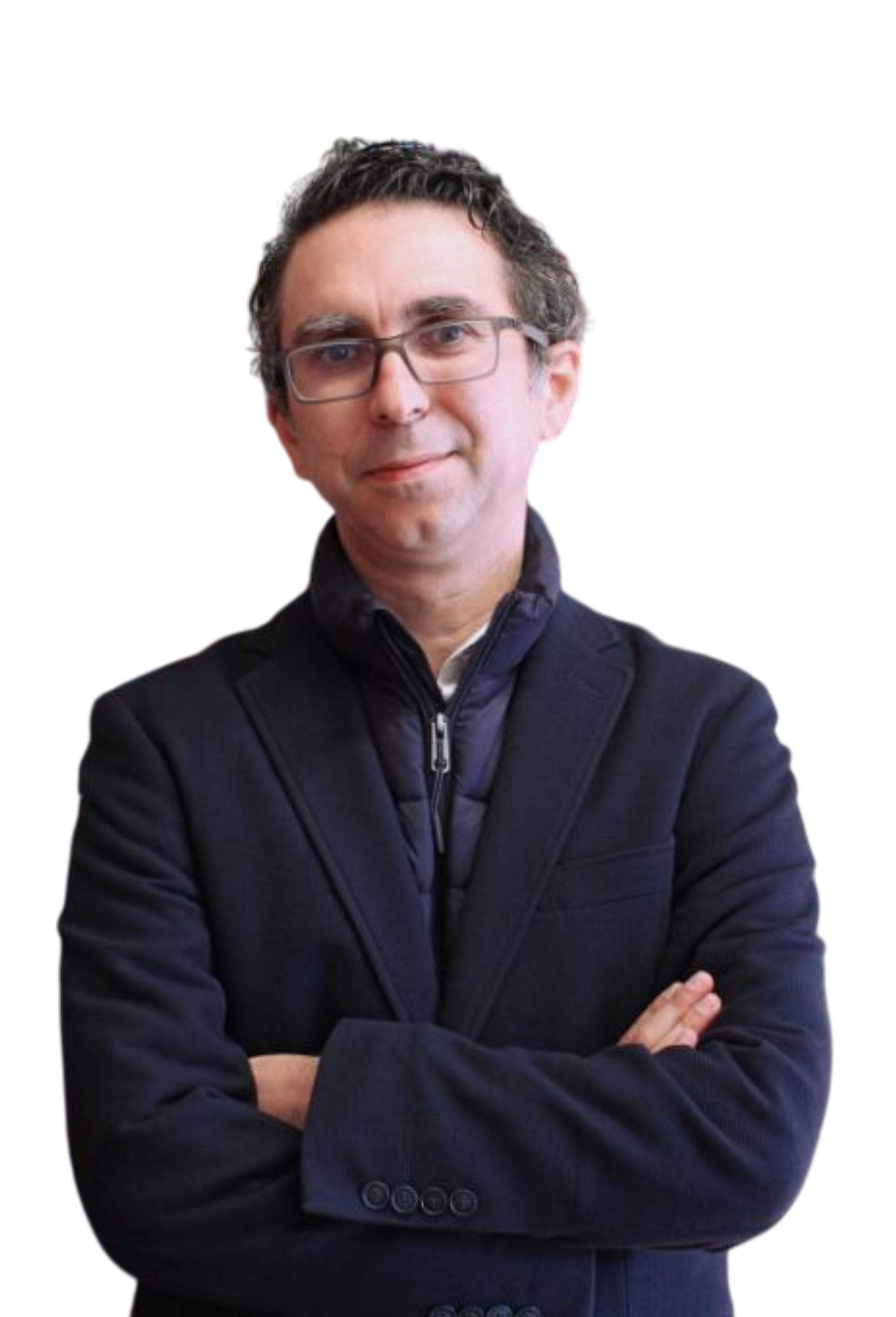This project aims to design, implement and evaluate co-created social and physical environmental community interventions that promote healthier diets and physical activity, targeting children and adolescents in disadvantaged socioeconomic circumstances, with the ultimate goal of increasing health equity.
Taking advantage of partners’ expertise and involvement in successful community interventions, the project will include co-creating interventions to address dietary inequalities among the most vulnerable children and adolescents, replicated in different European contexts, in order to identify novel approaches for the implementation of a social provision of food for families in vulnerable contexts, simultaneously promoting social human rights, the reduction of food waste, and increasing the availability and consumption of healthier foods. Co-creating interventions will also target a healthy physical activity environment (e.g., attractive playgrounds, green routes to school). Youth-led participatory action research principles will be applied in order to develop actions aligned with population target needs and interests, and to empower individuals for better health decisions.
In addition, data from cohort studies will provide opportunities for assessing trajectories of behaviours and their longitudinal association with health outcomes, understanding particularly the role of social circumstances as a determinant and/or if they modify these relationships. These results will inform the impact assessment models of interventions on healthier behaviours and on health equity. Dimensions such as robustness, translatability and public health impact will be taken into account.
Finally, the project plans to develop policy tools and implementation guidance to support stakeholders and policy makers for future planning towards better health equity. The ultimate goal of our community-based co-creation models is to break cycles of health inequalities, leaving no one behind.

